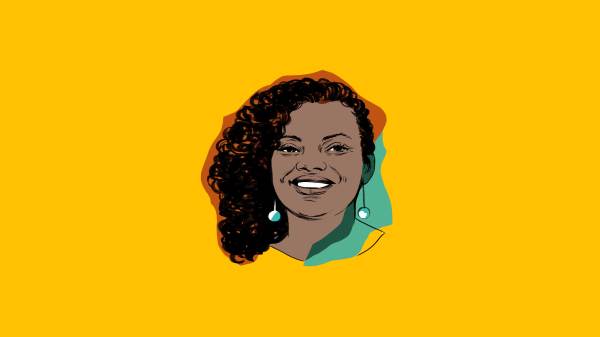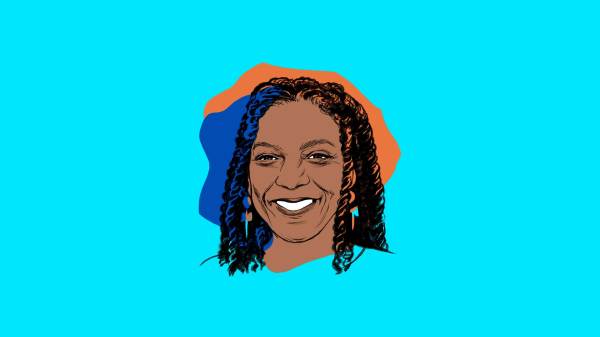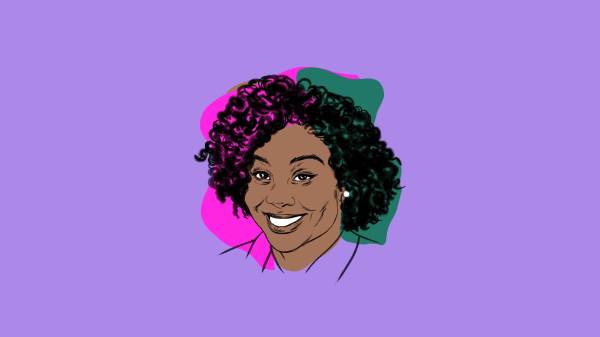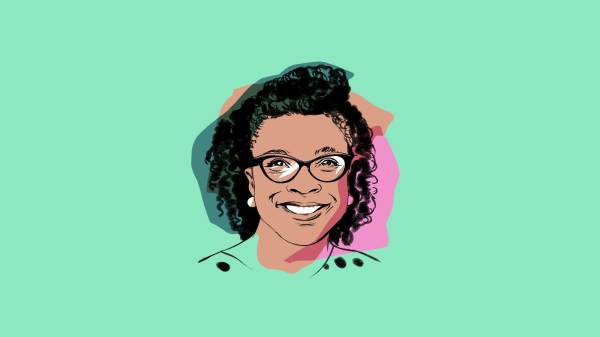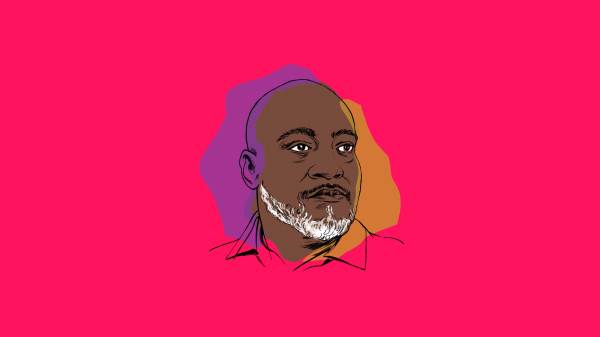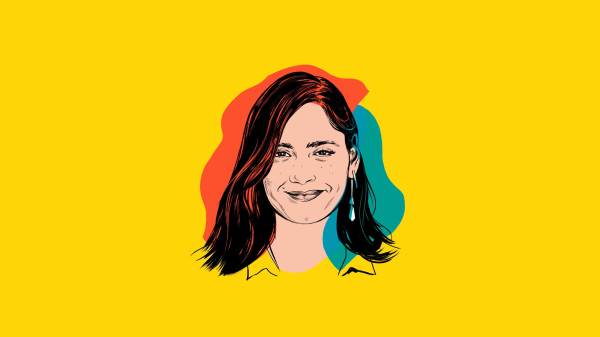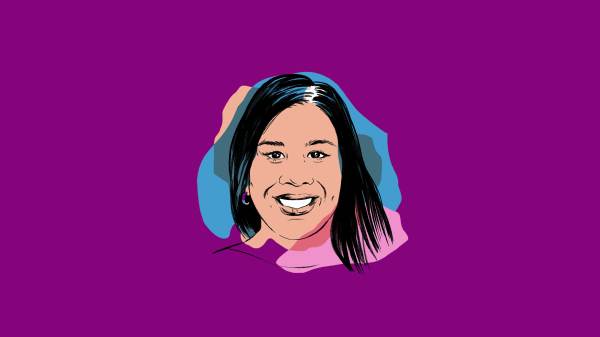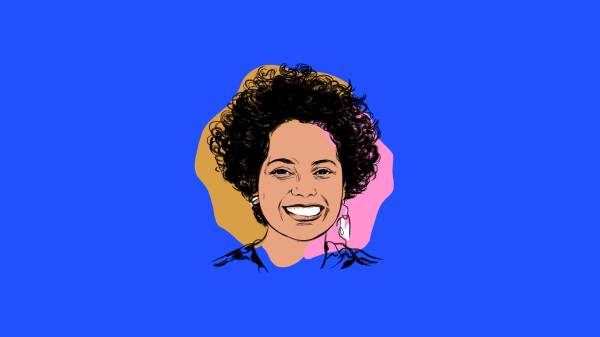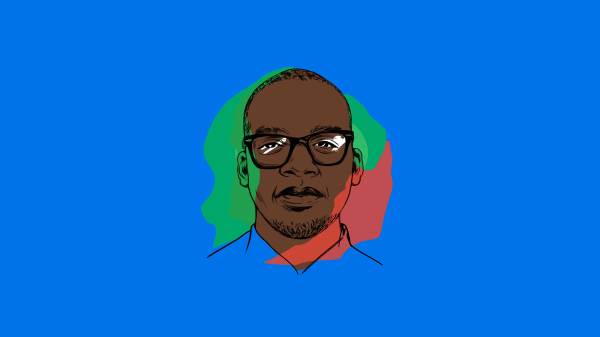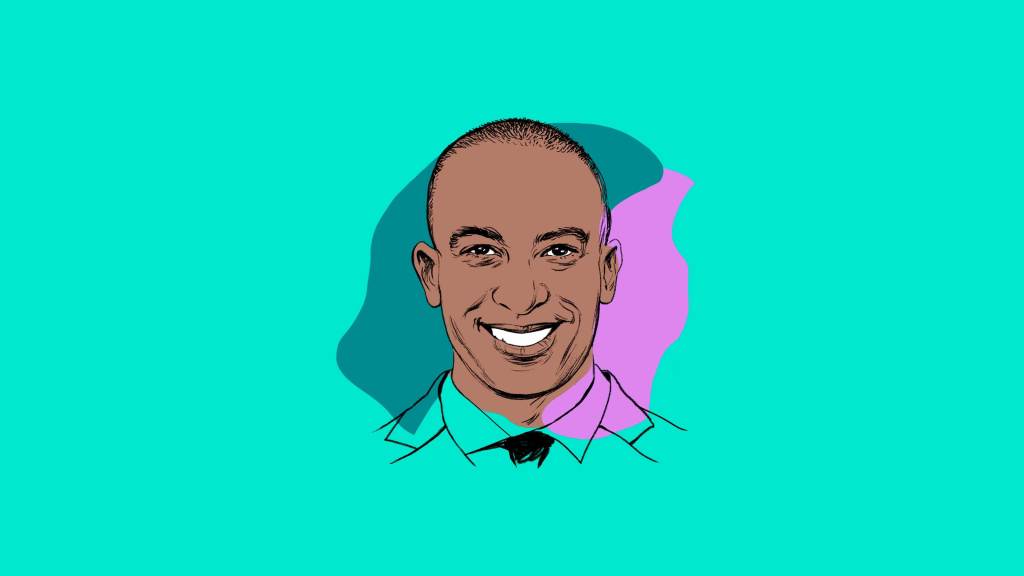 Illustration by Agata Nowicka
Illustration by Agata NowickaHow many second graders can say they’ve walked a picket line? Dorian Warren did when he accompanied his mother, a public school teacher, on a strike—and he hasn’t stopped fighting the good fight since.
Warren is president of Community Change, an organization founded in 1968 as a living memorial to Bobby Kennedy shortly after the New York senator was assassinated during his presidential campaign. Its mission is right there in the name: Change. Its method: Community Organizing. The Washington, D.C.-based group works with more than 200 grassroots organizations across the nation to empower low-income communities, especially those of color, and bolster policies that improve their lives.
The wins have been major. It propelled the Affordable Care Act into law (and continues to defend it, as well as Medicare, from Republican attacks). It launched a housing trust fund project, which today supports 800 funds across the country, directing $2.5 billion to affordable housing. It supported campaigns for expanded child care that delivered $100 million to programs in California, Michigan, and Ohio in 2019 with the ultimate goal of universal childcare. As coordinator of the Fair Immigration Reform Movement, the nation’s largest network of immigrant rights organizations with 47 groups in 35 states, it protected the Deferred Action for Childhood Arrivals policy and introduced a legislative roadmap for comprehensive, humane immigration reform with support from House progressives.
Warren never pictured himself running an organization. He still calls himself “a Black kid from the South Side of Chicago raised by two women” (his mother and his grandmother, a janitor), but he seemed fated to fight for justice. His mother and grandmother traced his lineage back seven generations to their ancestors who would’ve been among the first people who experienced freedom during Reconstruction. As a teenager, he spent his Saturday mornings at Reverend Jesse Jackson’s Rainbow PUSH Coalition forum, which he likens to political church. He attended the University of Illinois, where he was a student organizer who fought to change the school’s racist Native American mascot, assisted Jesse Jackson Jr. in his very first Congressional election in 1995, then went to Yale for a master’s and PhD in political science.
When Warren returned to Chicago, he became a union organizer for 7,000 hotel workers and saw solidarity and collective power in action as housekeepers, mostly women of color, led negotiations with their employers. He taught at the University of Chicago and Columbia University and embarked on a media career when a friend from grad school, Melissa Harris Perry, and Chris Hayes, asked him to speak on MSNBC, where Warren eventually became a contributor, host and executive producer of “Nerding Out.” (When he’s not “nerding out,” he considers Coming to America underrated, and his favorite feel-good movie is The Lion King—is it any wonder he loves a good David and Goliath story?)
But, in 2016, after years of writing and talking about issues, Warren returned to rolling up his sleeves and went to work on the heart of the matters as president of Community Change’s sister organization, Community Change Action. In a matter of two years, he took the helm of Community Change, where he had chaired and been a member of the board. That was the start of its 15-year Path to Power, a bold vision to transform the lives of low-income Americans by 2033 by expanding Black, brown, and immigrant power; creating an election-deciding voting bloc; reinvigorating community organizing; and advancing economic, social, and immigrant justice agendas at state and national levels. Go big or go home, right? For Warren, there is no going home. Union organizing taught him to play the long game—the door knocking, conversation holding, circle expanding, and bridge building that never ceases—which helps when it comes to what Community Change calls “the forever unfinished project of democracy.”
In a 1966 address delivered at the University of Capetown, Kennedy said, “It is from numberless diverse acts of courage and belief that human history is shaped each time a man stands up for an ideal or acts to improve the lot of others or strikes out against injustice.” The seven-year-old Warren who stood alongside his mom for fairness and equity is still fighting.

